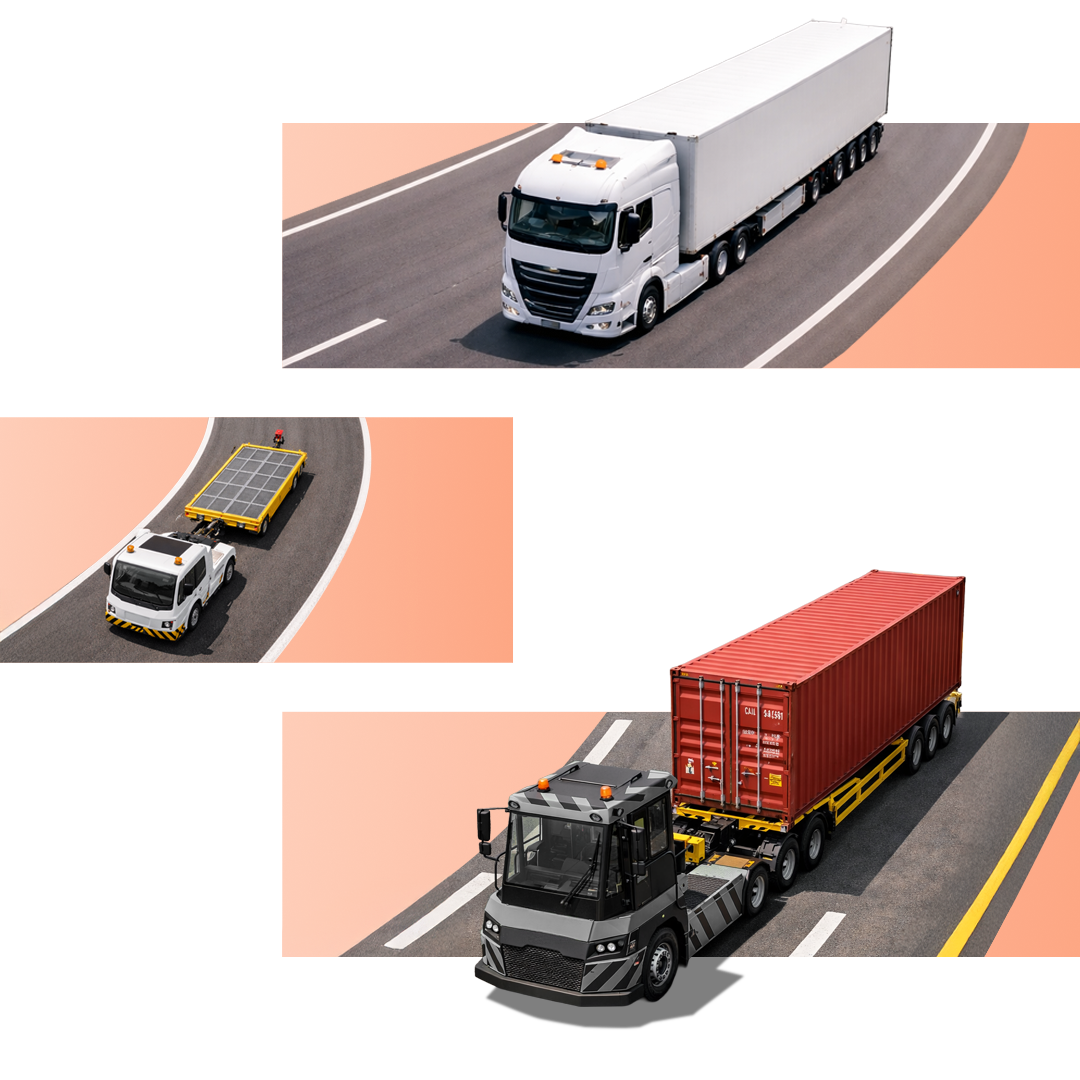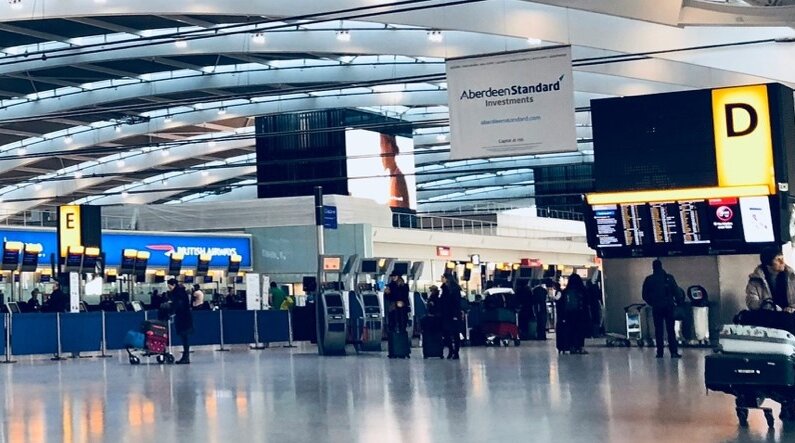Trial suitably mature CAM technologies in a plausible commercial service, develop operational models and support business case definitions for a future CAM deployment at scale
· Use CAM technologies to advance commercial readiness to deploy CAM services in specifically defined locations in the UK
· Be led by the service operator or entity who will benefit directly from the end use (the service) of the CAM technology deployment; they must quantify these benefits as part of the business case analysis during the project
· Be conducting substantial trial operations to a level of maturity that actionable business cases can be defined for the service, a derivative of the service or for similar deployments elsewhere
· Have the aim to lead to larger scale deployment opportunities which will drive measurable economic benefit to the project lead and the UK Adaptation of CAM technologies are permitted to enable trials to be undertaken, such as route mapping, logistics on-site support and debugging.
Technology providers may build relationships with future operators to develop business cases, however core development of technologies is excluded from this competition.
If your project uses public roads or other public places it must follow the Department for Transport (DfT) Code of Practice: Automated Vehicle Trialling. If your project intendeds to pilot without a safety driver present, you must seek to comply with the associated requirements expected to be published during 2026. Terminology in your application must comply with the meanings as per BSI Flex 1890 v6.0: 2025-03 Connected and Automated Mobility (CAM), Vocabulary





